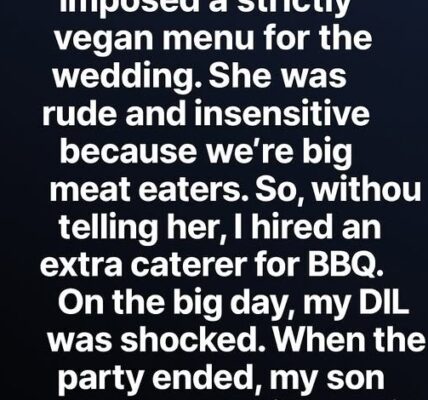After seven years of arriving early, staying late, and giving everything to a job I loved, I finally received the email I’d been hoping for — I’d been shortlisted for a promotion. I walked into the evaluation meeting buzzing with excitement, ready to hear how my hard work had paid off.
But the moment my boss began speaking, everything shifted. He didn’t mention my performance, my dedication, or my results. Instead, he calmly told me the position was “too demanding for a woman.” His words hit like a slap — unfair, outdated, and completely dismissive. I left his office with a steady smile, but inside, something had snapped. I already knew what I needed to do.
That afternoon, with trembling hands, I submitted a formal complaint to HR. Part of me feared backlash, but a stronger part knew staying silent would only allow the problem to continue. I thought about the countless women who had quietly accepted the same excuse, and I refused to be one of them.
The next morning, HR came to my office and asked to speak with me privately. My heart raced as they explained they had investigated immediately. Then they handed me a small envelope — my official promotion offer. They assured me the company valued merit, not bias, and thanked me for speaking up.
Relief washed over me, followed by pride. Standing up for myself didn’t just change my future — it helped set a stronger standard for everyone who would come after me.




